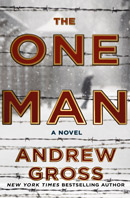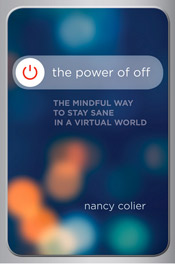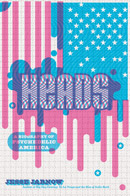 “The One Man” by Andrew Gross
“The One Man” by Andrew Gross
(Minotaur Books, pp 418, $26.99)
“The One Man” marks a radical departure for Andrew Gross. His past novels (nine and counting) were all in the pure thriller genre, a craft he learned straight from the Lord himself, James Patterson, with whom he co-authored several novels. “The One Man” however is a war novel, set in WWII, with a thriller plot. A daring move for an author of this caliber with a large following. But audacity combined with skills and originality can only translate in superior work, which is what “The One Man” bears witness. The characters have gained depth. Descriptions are layered, breathing life, while the plot is more organic and humanly warmer, an anachronism despite being set in a death camp.
In this finely chiseled engaging novel, a Polish-descent polyglot intelligence officer, Nathan Blum, is offered the mission of a lifetime: enter Auschwitz and escape with one of the prisoner, a professor named Alfred Mendl, who is believed to hold crucial secret that could put an end to the folly of the Third Reich. The ending will not be disclosed here . . . but the novel questions the nature of meaning and devotion to a cause, especially when the involvement calls for huge personal sacrifices for the good of all.

